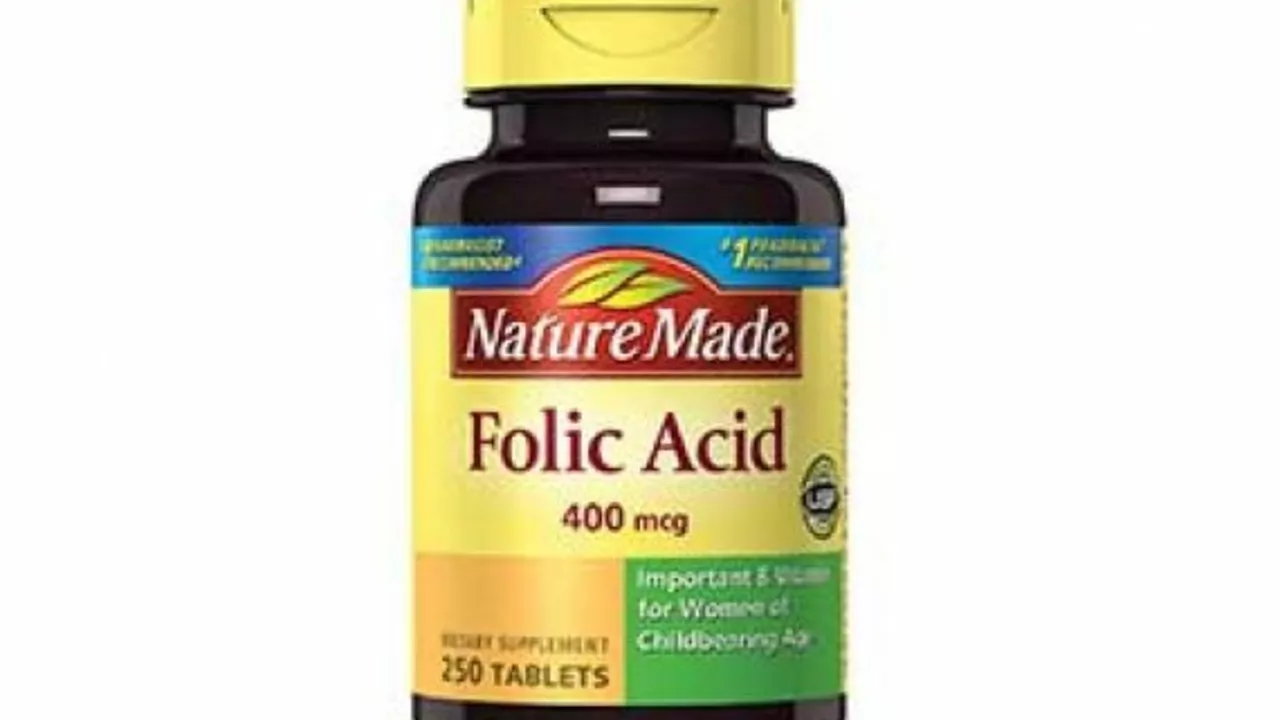Folic Acid: What It Is and Why It Matters
Folic acid is a type of B vitamin, also known as vitamin B9. It's a superstar when it comes to helping your body make and repair DNA, and it's especially important if you're planning to have a baby. Taking folic acid can reduce the risk of serious birth defects affecting the brain and spine. Beyond pregnancy, it helps your body produce healthy red blood cells, keeping your energy levels up.
Many people don't get enough folic acid through diet alone, especially women of childbearing age. That's why doctors often recommend supplements or fortified foods. You might have seen folic acid added to cereals and bread—that's to help prevent deficiencies in the general population.
How Much Folic Acid Do You Really Need?
The amount of folic acid you need depends on your age, lifestyle, and pregnancy plans. For most adults, 400 micrograms a day is enough. Pregnant women usually need a bit more—around 600 micrograms daily—to support the developing baby. It’s a good idea to start taking folic acid at least one month before conceiving and continue through the first trimester.
Remember, too much folic acid can hide a vitamin B12 deficiency, so it’s best to stick to recommended doses and check with your doctor if you have any concerns. Most supplements are designed to provide the right amount safely.
Where Can You Find Folic Acid?
Besides supplements, you can get folic acid from foods like leafy green veggies (spinach, kale), citrus fruits, beans, and fortified grains. Cooking can destroy some folate in foods, so eating a mix of raw and cooked veggies is helpful.
If you’re wondering whether folic acid is right for you, it mostly depends on your health status and goals. Anyone with certain medical conditions or on specific medications should talk to a healthcare provider before starting supplements.
In a nutshell, folic acid plays a crucial role in maintaining good health and preventing serious birth issues. Keeping an eye on your intake, through diet or supplements, is a simple step that can make a big difference.

